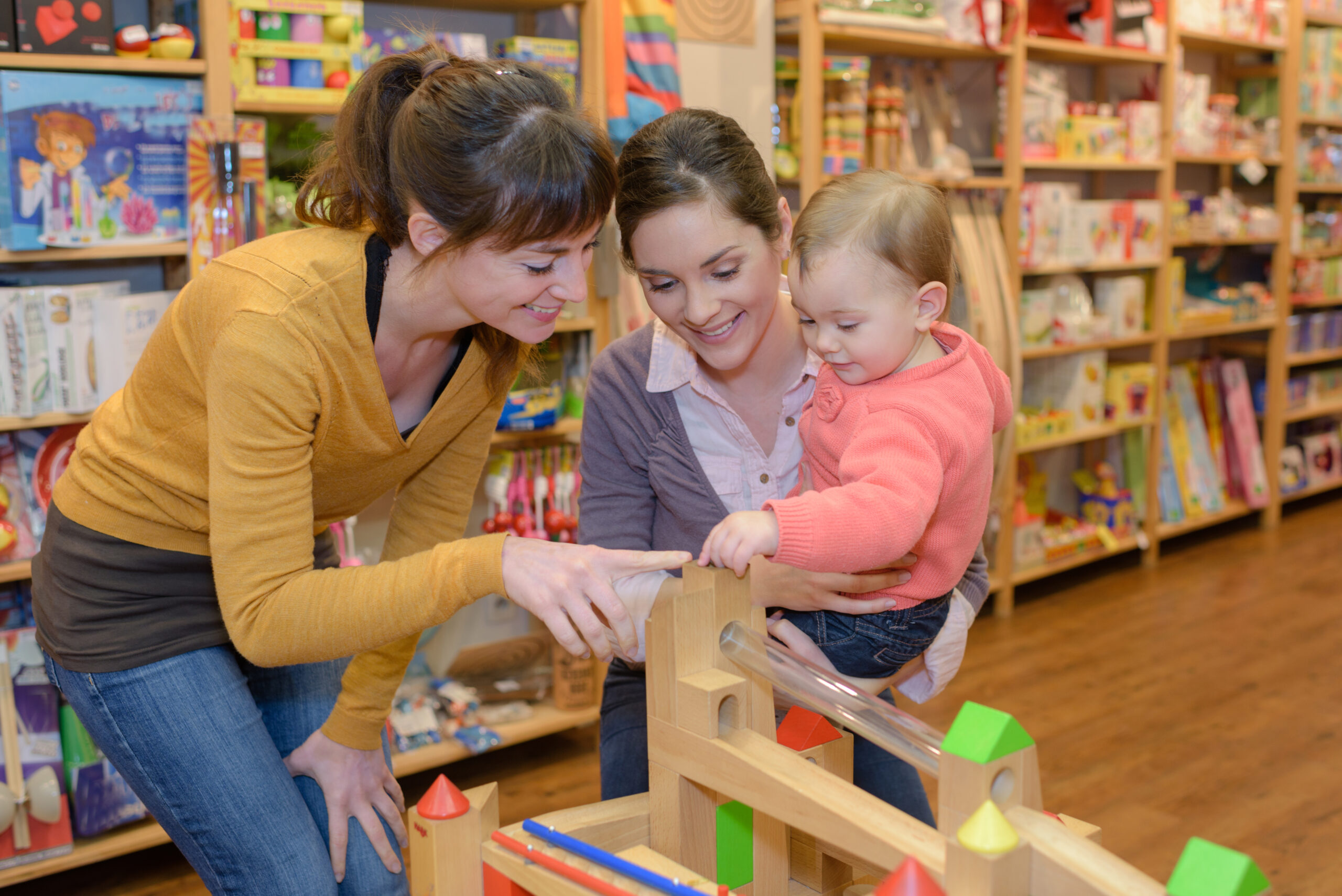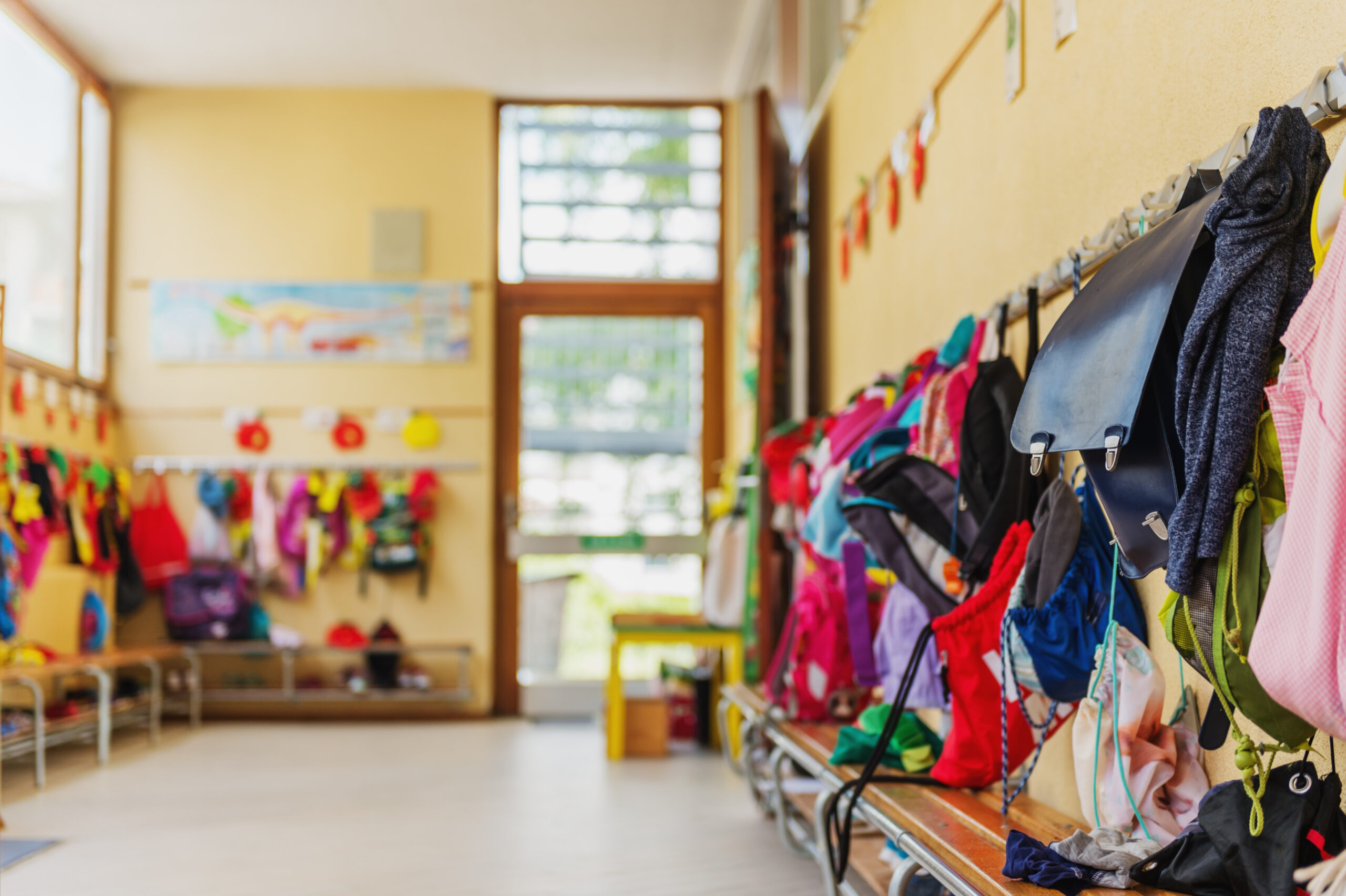Leaving your child at daycare can be an emotional and challenging experience for many parents. It’s natural to feel a mix of anxiety, guilt, and sadness during this transition. However, with time, patience, and the right strategies, you can learn to cope with these emotions and trust that your child is in good hands. Let’s explore practical tips and techniques to help you overcome the challenge of leaving your child at daycare and make the experience more manageable for both you and your child.
Acknowledging Your Feelings
Validating Your Emotions
It’s essential to acknowledge and validate your feelings as a normal part of the daycare transition process. Recognize that it’s okay to feel anxious, guilty, or sad when leaving your child at daycare. These emotions are a testament to your love and care for your child.
Sharing Your Feelings
Discuss your feelings with trusted friends, family members, or other parents who have experienced similar emotions when leaving their children at daycare. Sharing your feelings can provide a sense of comfort and support, as well as valuable insights and advice from those who have been in your shoes.
Building Trust and Confidence in the Daycare
Researching Daycare Providers
To feel more comfortable leaving your child at daycare, it’s crucial to choose a daycare provider that meets your family’s needs and values. Spend time researching different daycare options, visiting facilities, and asking questions about their policies, staff qualifications, and educational approach.
Establishing Open Communication
Maintaining open communication with your child’s daycare provider can help you feel more confident and at ease when leaving your child in their care. Regularly discuss your child’s progress, any concerns or issues, and the daily activities and experiences your child enjoys at daycare.
Observing the Daycare Environment
Spend some time observing the daycare environment before leaving your child. Watch how the caregivers interact with the children, the activities provided, and the overall atmosphere. This observation can help you feel more reassured about your child’s well-being and safety in the daycare setting.
Easing the Transition for Your Child
Gradual Separation
For younger children or those experiencing separation anxiety, consider a gradual approach to leaving your child at daycare. Begin with short visits and slowly increase the duration over time. This strategy allows your child to become familiar with the daycare environment and caregivers, building trust and confidence in their new surroundings.
Consistent Drop-Off Rituals
Develop consistent drop-off rituals to provide a sense of predictability and security for your child. These rituals can include a special handshake, a hug, or a specific phrase you say to your child when saying goodbye. Consistency helps your child feel reassured and confident during the separation process.
Reassuring Your Child
Before leaving, reassure your child that you will return to pick them up and remind them of the exciting activities and experiences they’ll have at daycare. Providing reassurance can help ease your child’s anxiety and make the separation process smoother for both of you.
Focusing on the Benefits of Daycare
Cognitive, Social, and Emotional Development
Remind yourself of the numerous benefits daycare provides for your child, such as cognitive, social, and emotional development. Daycare offers a stimulating and nurturing environment that promotes learning, growth, and the development of essential life skills.
Building Friendships
Daycare allows your child to form friendships and build crucial social skills, such as sharing, cooperation, and communication. These experiences help your child develop a sense of empathy and understanding of others’ feelings, contributing to healthy relationships throughout their lives.
Gaining Independence
Daycare encourages your child to explore their independence and develop self-confidence as they learn to navigate new experiences and environments. This newfound independence contributes to your child’s overall sense of autonomy and self-esteem, which are essential for their long-term success and happiness.
Taking Care of Yourself
Engaging in Self-Care
As a parent, it’s essential to practice self-care and ensure your well-being during this challenging transition. Engage in activities that bring you joy and relaxation, such as exercise, meditation, or pursuing a hobby. Taking care of yourself allows you to better support your child during this emotional time.
Establishing a Support Network
Connect with other parents who are going through a similar experience or have successfully navigated the daycare transition. Join parent support groups, attend daycare events, or participate in online forums to build connections and share experiences, advice, and encouragement.
Focusing on Work or Personal Goals
For many parents, the time their child spends at daycare presents an opportunity to focus on work, personal goals, or self-development. Embrace this time as an opportunity to grow and achieve your objectives, knowing that your child is also learning and growing in a supportive daycare environment.
Celebrating Milestones and Progress
Acknowledging Your Child’s Achievements
Recognize and celebrate your child’s accomplishments and milestones at daycare, such as forming new friendships, mastering a new skill, or overcoming separation anxiety. These celebrations can help reinforce the positive aspects of daycare and remind you of the benefits your child is experiencing.
Reflecting on Your Progress
Take time to reflect on your progress as a parent navigating the daycare transition. Acknowledge the growth you’ve experienced in coping with your emotions and building trust in the daycare provider. Celebrate your resilience and adaptability during this challenging period.
Conclusion:
Leaving your child at daycare can be a difficult and emotional experience for many parents. However, by acknowledging your feelings, building trust and confidence in the daycare provider, easing the transition for your child, focusing on the benefits of daycare, and taking care of yourself, you can overcome these challenges and create a positive experience for both you and your child. With patience, persistence, and the right strategies, you will learn to cope with your emotions and trust that your child is thriving in their daycare environment.





